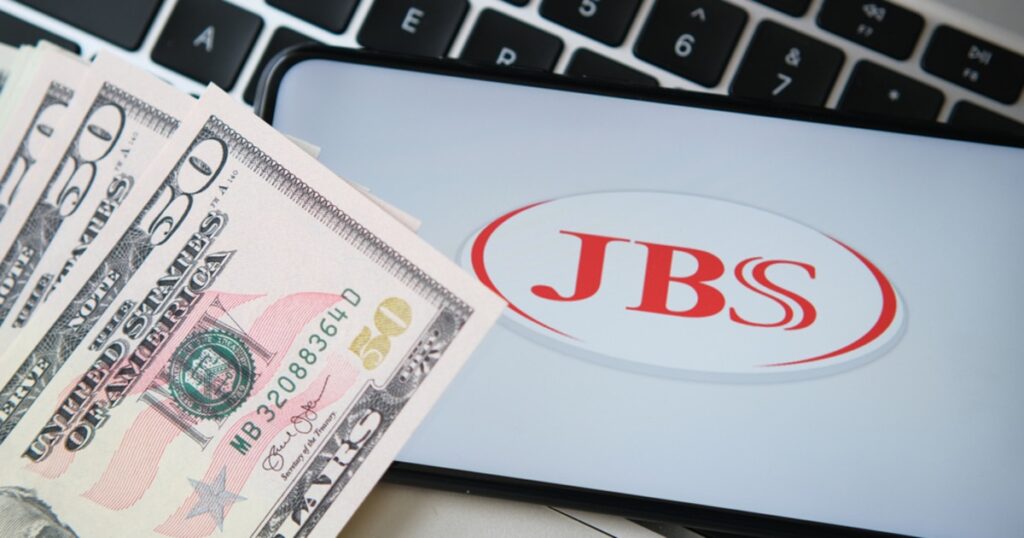JBS Paid Hackers $11 Million Worth of Bitcoin to Set Free From Hacker Attack

JBS, the world’s largest meat producer based in Brazil, revealed that the company had paid hackers a ransom of about $11 million worth of Bitcoin to solve the Ransomware. The company CEO revealed to The Wall Street Journal Wednesday.
JBS USA Holdings Inc. learned the company was under attack last Sunday, receiving blackmail messages from hackers and demanding a ransom payment in Bitcoin BTC +0.24% . The hacker cyber attack caused a complete shutdown of beef processing operations across the United States, which led to fundamental business disruptions.
The CEO of JBS SA’s U.S. division revealed in an interview with The Wall Street Journal on Wednesday:
“It was very painful to pay the criminals, but we did the right thing for our customers.”
The world’s largest supplier of meats products operates the business by processing beef, poultry, and pork from Australia to South America and Europe and hiring more than 240,000 employees worldwide. Nogueira added that the company completed the payment after ensuring that most JBS factories were restarted and operating normally.
The US government did not recommend that ransomware victims pay for the attackers. However, JBS company decided to accept the hackers their blackmail request by ensuring that the data will not be leaked and preventing hackers from attacking the global meat supply chain again and customers for its potential risks.
According to the US Federal Investigation Agency, the hackers came from a Russian-related organisation called REvil. The authority did not figure out how REvil managed to penetrate the company’s systems.
Similar cybercrimes also happened to Colonial Pipeline as well. The largest gasoline pipeline operator in the United States was targeted recently. Colonial Pipeline paid approximately $4.4 million in Bitcoin to regain control of its operations and resume services.
The recent wave of frequent ransomware intrusions suggests that the tendency of hackers to attack targets has begun to change. Hackers have shifted from targeting data-rich companies such as retailers, banks, and insurance companies to basic service providers such as hospitals, transportation operators, and food companies.
Image source: Shutterstock




